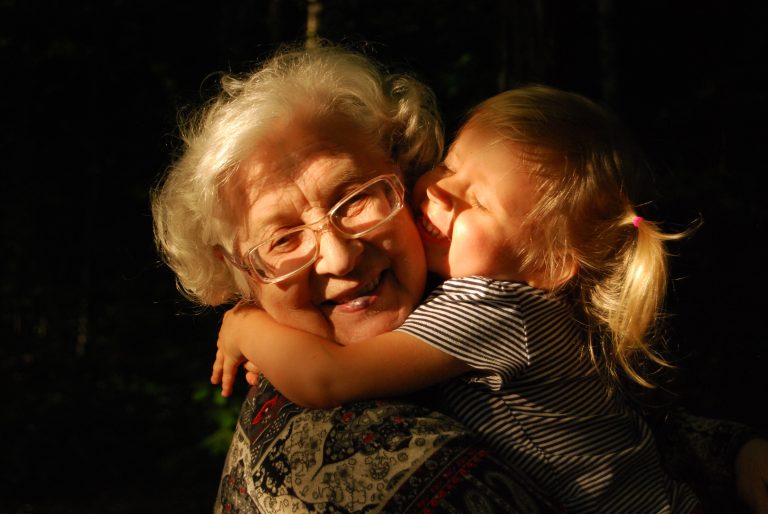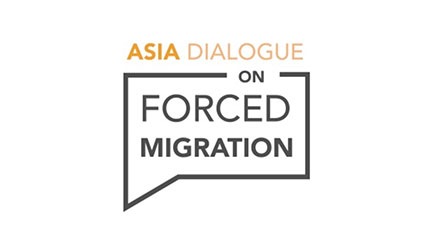Fear of the foreigner, the outsider and the person who is different is as old as human history itself. This fear is so easily exploited. Leadership is essential to win the case for compassion in responding to asylum seekers while ensuring continued government control of entry to Australia.
If Ben Chifley had responded only to populist prejudice, his government would not have accepted Jewish refugees after WWII. Malcolm Fraser would not have allowed large-scale Indochinese refugee programs in the 1970s if he had consulted only opinion polls. They both showed leadership in ‘encouraging the better angels of our nature’. We now look back with pride that through their leadership we helped not only refugees, but also ourselves. Being risk takers and courageous, refugees are great settlers. We see it in the professional and business successes of Jewish, Indochinese and other refugees. It gladdens our hearts to see the success of their children in high school and university examinations. Refugees pay us back one hundred fold for our generosity.
But so much of the public discourse on asylum seekers lacks balance and perspective. Consider some important issues:
- As an island country at the ‘end of the line’, Australia does not have anything like the refugee/asylum seeker problems that occur in Europe, Africa and the Middle East. Over two million refugees from Iraq have been given temporary asylum in neighbouring Jordan and Syria. Australian exposure to asylum seekers is miniscule by comparison.
- Refugee flows are the result of ‘push’ rather than ‘pull’ factors. Australia may be an attractive destination, but it is the crises in Vietnam, Iraq or Afghanistan, for example, that were or now are the major reasons for asylum seeker and refugee flows.
- The majority of asylum seekers come to Australia by air and not by sea. The Department of Immigration in 2005 put it succinctly: ‘Historically, the Australian examples of people smuggling which attract most media attention have been by boat. However, the majority of smuggling into Australia and other countries occurs by air.’ The Department informs us that in 2006-7 and 2007-8, 1388 and 1451 people respectively attempted to smuggle into Australia by air. In those two years, 135 and 25 people attempted to smuggle into Australia by boat. People smuggling by air is obviously less graphic and newsworthy.
- Our exaggerated highlighting of boat people is also demonstrated if we note that there are about 50 000 illegal overstayers in Australia. These are people who come lawfully on temporary visas and then illegally stay. There are about 20 000 of these new illegals each year. The media scarcely ever mentions them, but give them a smell of a boat foundering in the Arafura Sea and nothing can contain them. The three biggest sources of these illegal overstayers are US citizens (10 per cent), PRC citizens (9 per cent) and UK citizens (8 per cent).
- As Australians, we have shown in the past that we can successfully manage people and refugee flows. The Fraser Government had 4000 Indochinese people come by boat. Hundreds of thousands of Indochinese refugees were temporarily housed in Indonesia, Malaysia and Thailand. The ‘threat’ was managed successfully by strong leadership that won the public case for generosity.
We have seen again the continuing wild language about people smugglers. Desperate people will do desperate things and take high risks to escape war and persecution. As the Department currently puts it on its website: ‘People use the services of people smugglers for many reasons, including to seek protection because of limited opportunities for legitimate migration…’ There are tens of millions of refugees throughout the world and only about one in 200 gets selected. Priority setting and impartial processing of refugees just does not occur. So people take risks to escape their often appalling circumstances. Many thousands of Australian citizens could only escape Nazism or Communism by buying their way out of tyranny. People smugglers helped them come to Australia. If I were a husband and father of girls in Afghanistan, I would certainly consider paying a people smuggler, if I had the money, to get my wife and daughters to freedom and escape from the Taliban. Armchair critics have seldom had to make the hard choices that desperate people have to make.
We need to get a balance of perspective about asylum seekers coming by boat. Despite difficulties and setbacks, refugee and migration settlement in this country is our greatest success. But it is always a work in progress.
The government’s ability to get the balance right between humanity and border protection is being tested. I hope it can find this balance and not be stampeded by populism and media sensation. So far the signs are encouraging.



